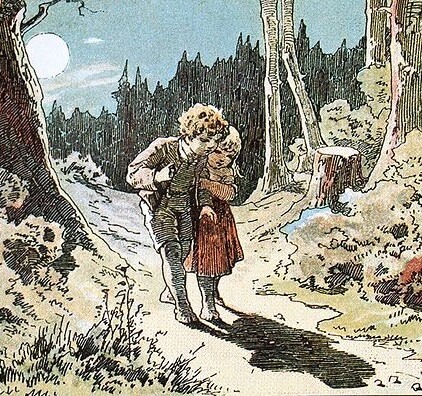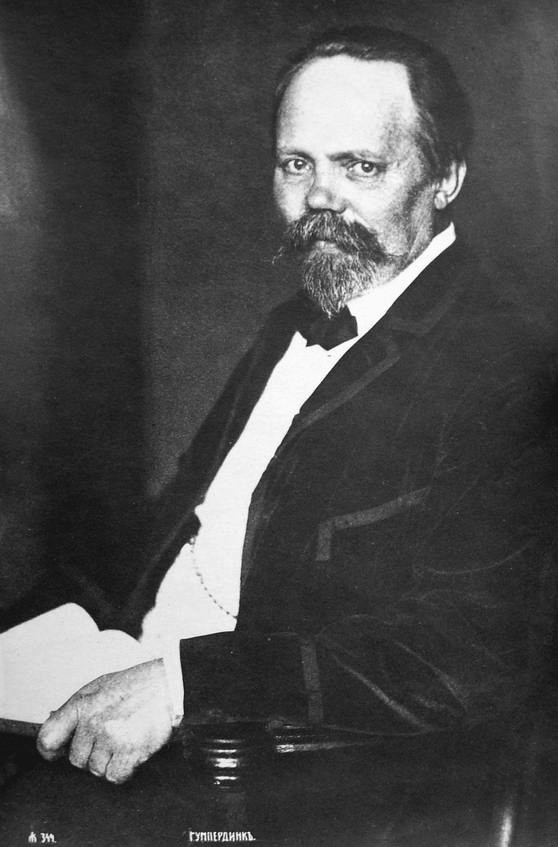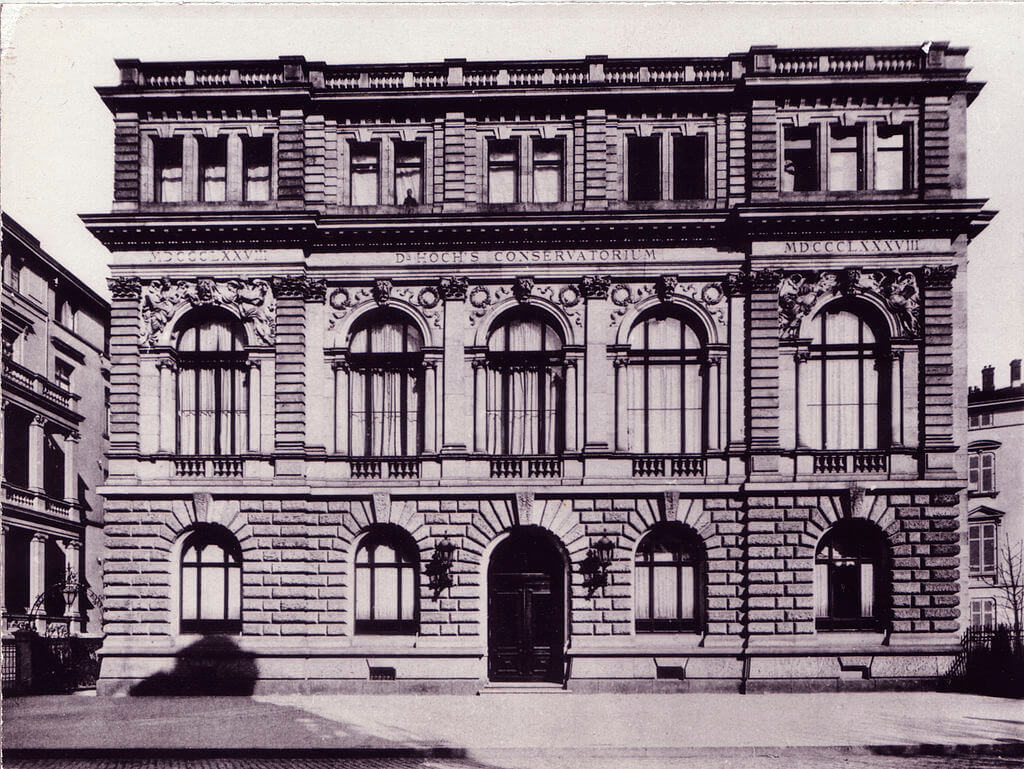Activity 1: Recite the Opera Information
- Recite the name of the composer, the name of the opera, and the act and scene(s) of the opera.
Activity 2: Recite the Dramatis Personae
Read aloud the Dramatis Personae.
- Peter, Broom-maker.
- Gertrude, his wife.
- Hansel, their son.
- Gretel, their daughter.
- The Witch who eats children.
- Sandman, the Sleep Fairy.
- Dewman, the Dawn Fairy.
- Children.
- The Fourteen Angels.
Activity 3: Listen to the Opera While Reading the Text
- Play the opera music softly in the background.
- Select roles to read as desired.
- Read aloud the scene according to your selected roles.
Activity 4: Narrate the Lesson
- Narrate the lesson events aloud in your own words.
Activity 5: Read About the Three Great Schools of Opera
THREE TRADITIONAL SCHOOLS OF OPERA:
- According to [2], there are three great schools of opera: Italian, French, and German.
- Find the related countries on the map of Europe.
ITALIAN:
- Of the three standard schools, the earliest Italian operas often ignored the importance of the libretto (story) in favor of the melody.
- However, Italian composers and librettists later rectified this imbalance.
- Italian opera composers include Rossini, Bellini, Donizetti, Verdi, and Puccini.
FRENCH:
- A first cousin of Italian opera, the traditional French opera tended to be more carefully thought out, sometimes even too calculated.
- French operas are in general less florid (elaborately ornate or showy), and never indifferent to the librettist and the significance of the lines they have written and the situations they have evoked.
- French opera composers include Halévy, Auber, Gounod, Bizet, and Massenet.
GERMAN:
- The traditional German school of opera was distinguished by a seriousness of purpose.
- Traditional German operas strove for balance between voice and orchestra.
- Famous German opera composers include Handel, Beethoven, Strauss, Humperdinck, and Mendelssohn.
 Opera and Ballet
Stories in Music
Opera and Ballet
Stories in Music


 Opera and Ballet
Stories in Music
Opera and Ballet
Stories in Music




